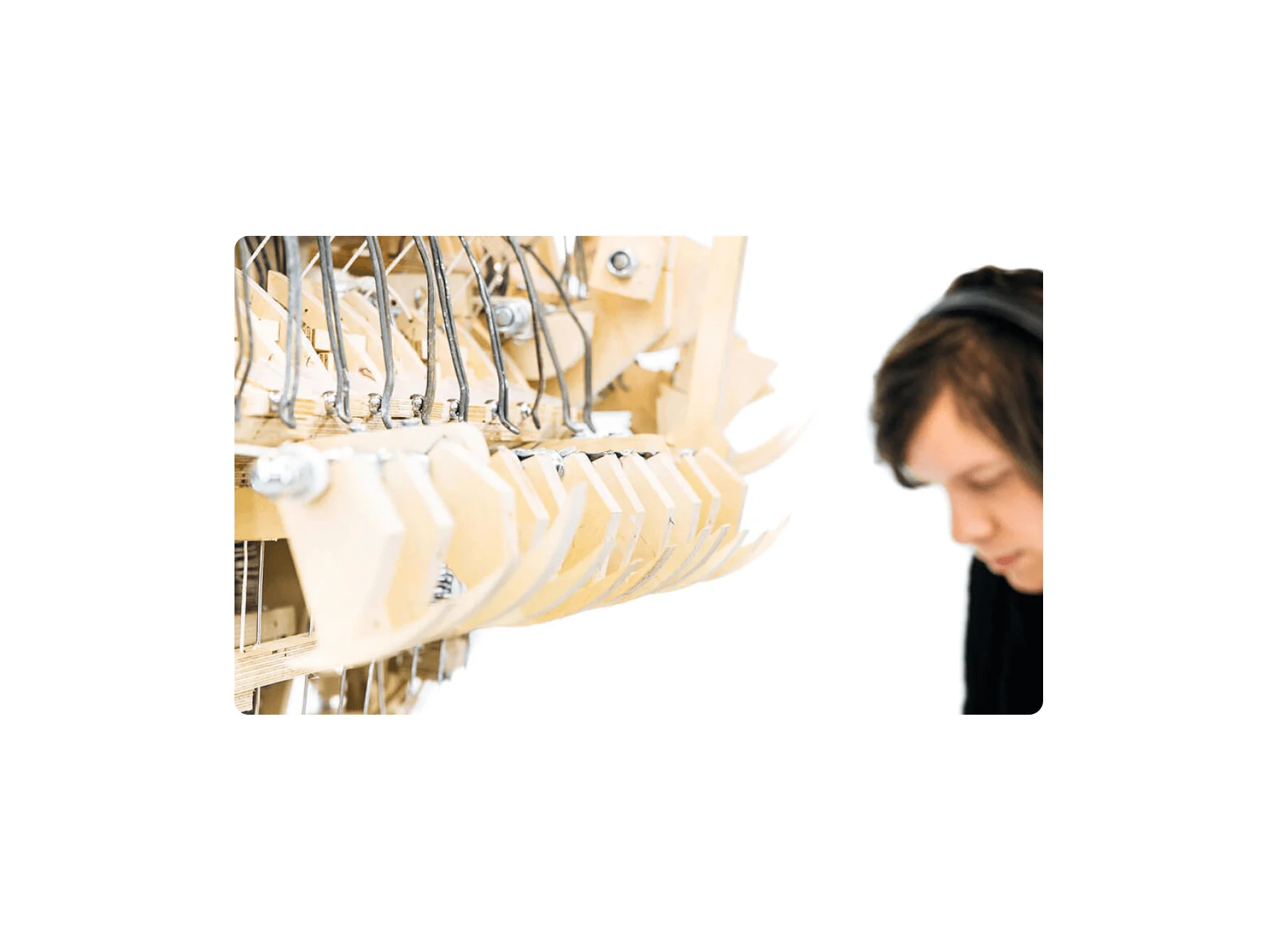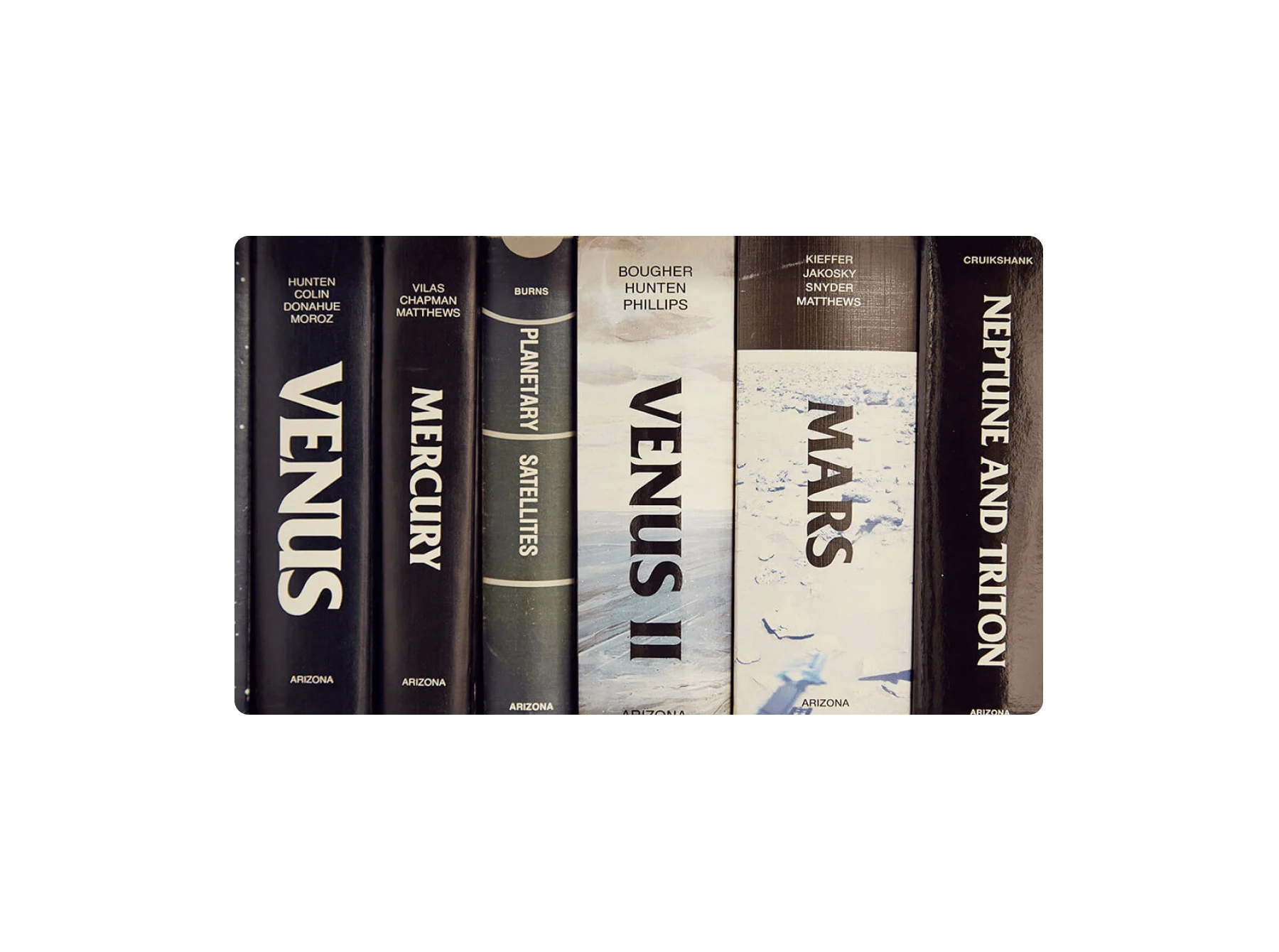
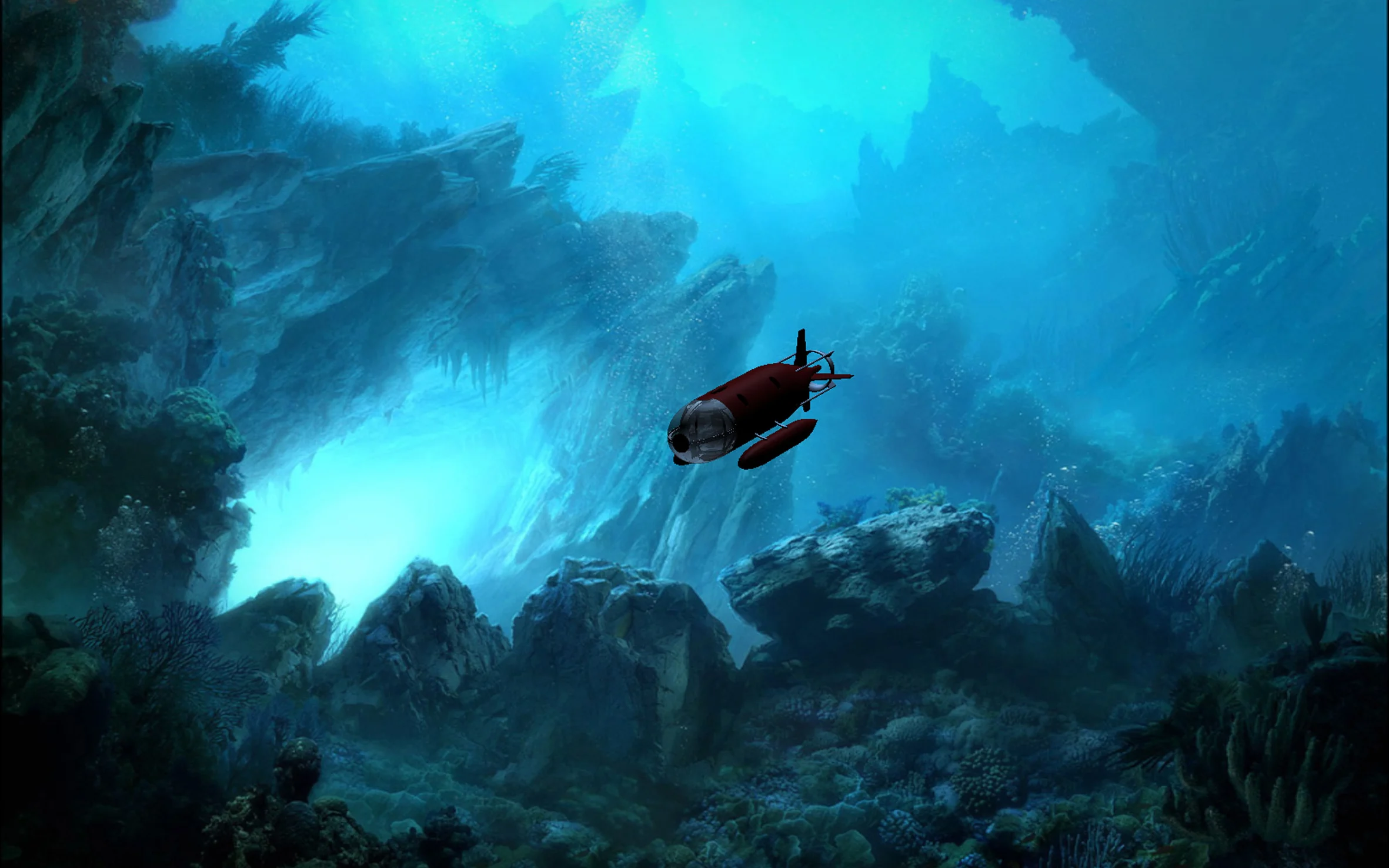
Once described as the "Willy Wonka of science," Nelly Ben Hayoun is a force of nature. Whether she's creating dark matter in her kitchen sink, or organizing NASA employees into an orchestra, she doesn't let anything get in her way.
To mark her We Can Do It Campaign, Nelly introduced us to a set of creatives who reflect her can-do attitude.
There is a great story about the founder of Doer Marine, Dr Sylvia Earle, meeting the head of Google Earth at a conference in 2006. She explained that while she loved Google Earth as a tool, it was not quite what it purported to be.
“When are you going to finish it?” she asked him. “You should call Google Earth ‘Google Dirt.’ What about the three quarters of the planet that is blue?”
Doer Marine is a California based “Deep Ocean Exploration and Research” organisation, and after this conference conversation, Doer would work with Google, the US Navy and a host of content producers like National Geographic and the BBC to bring the underwater world to life as part of the Google Earth experience.
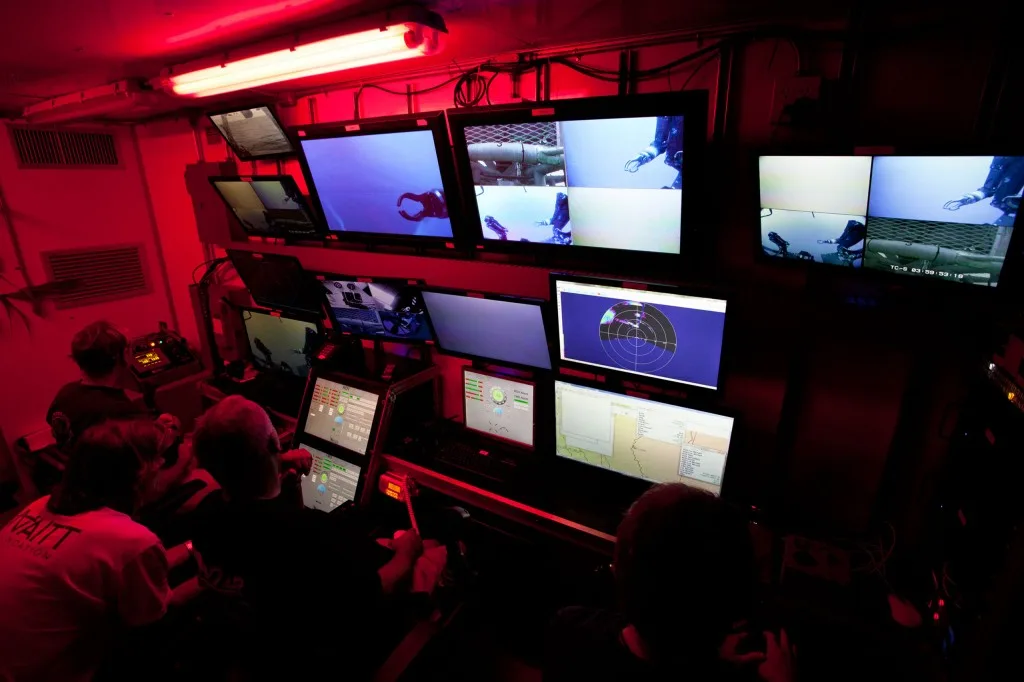
“You can really drill down in detail, or you can cruise around and look at shipwrecks and other interesting things,” says Liz Taylor, Sylvia’s daughter and now president of Doer Marine. Her mission, and that of her team, is to get people excited about the underwater world and passionate about protecting it.
Why though does she think that space exploration has captured our imaginations in a way that deep sea expeditions have not?
“I think it goes way back,” she says. “People have a primal fear of what’s below the surface, the heaven and hell thing that pops into their minds. Collectively we can look up at the night sky and have a shared experience, but looking out over the surface of the ocean, it’s always this mysterious unknown and there is a fear factor there.”
But she believes that as technology improves and offers new ways of experiencing the watery depths, people will get excited. “Bioluminescence – a starry night below – is just as compelling and beautiful as one above,” she says.
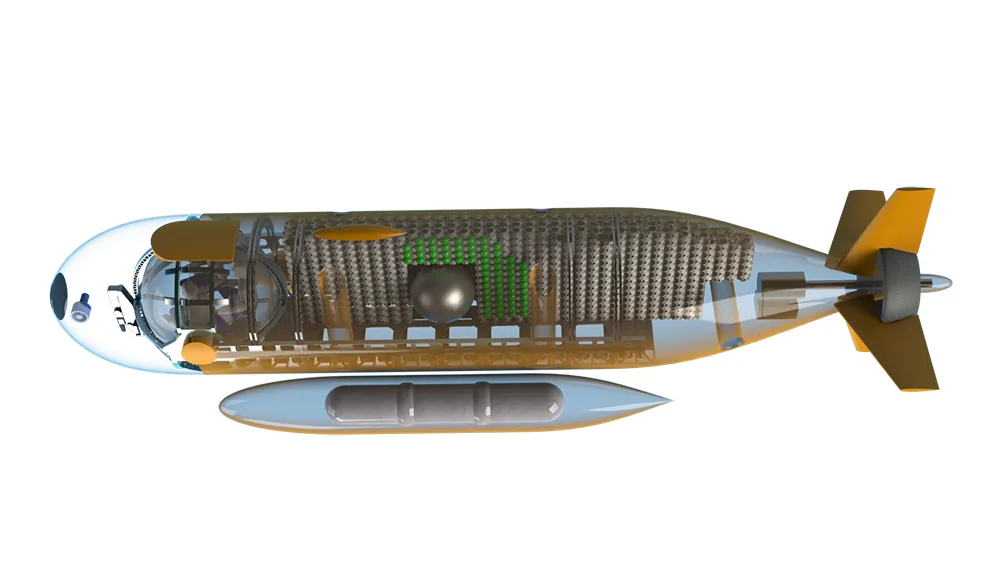
So whether it’s working with Google or Greenpeace, or developing a submarine that can take us back to the ocean’s deepest point, the Marinas Trench (where we have only been twice), Doer is committed to transforming the way we think about the oceans.
Liz says the experience of going underwater in a submersible craft is “intense” but the time it allows scientists to study the life there is very significant.
“When we are in the submersible and it’s the same pressure we experience on the surface, we get this gift of time, that we take for granted in a walk in the woods,” she explains. “We can observe these animals and really get to know them in the same way we might get to know a flock of ducks or a herd of deer.”
And the animals too are interested in these strange visitors. “We had one of the scientists using a submersible one time and a swordfish went blasting past; this great big ocean juggernaut. And then all of a sudden all of the fins popped out; it basically slammed on the brakes and came back round. It was so curious, with its great big softball sized eyes staring in.
“That realisation that these animals are not just chunks of protein but they are interested, curious creatures, that’s something people don’t anticipate and they are amazed when it happens.”
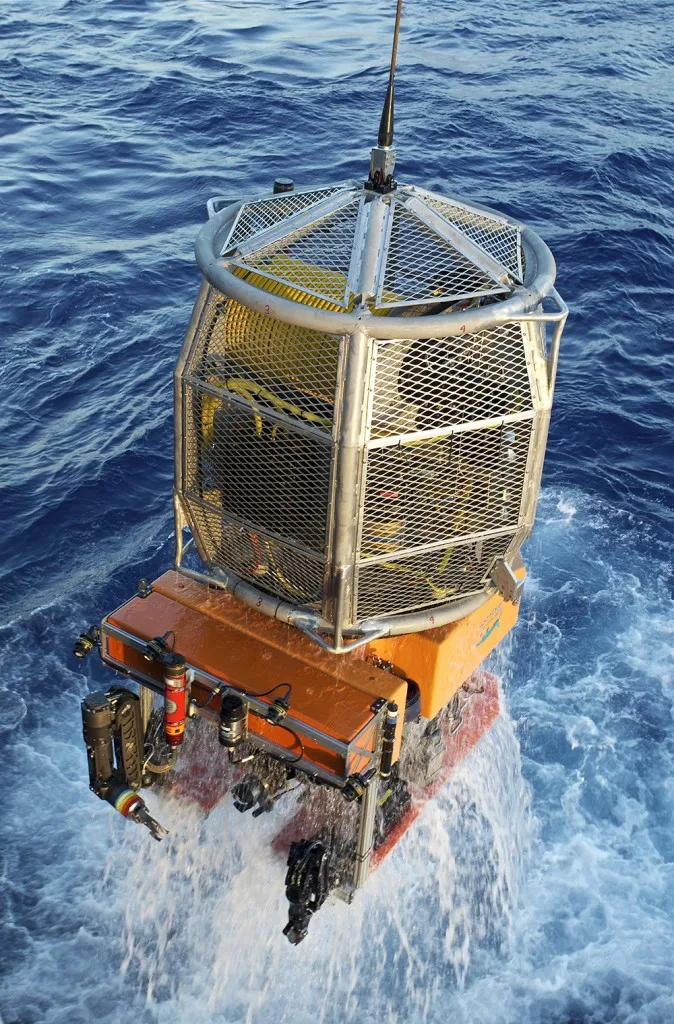
Liz is a little bemused that project Deep Search, the expedition to go back to the ocean’s deepest point, has been covered by the media as a race to the bottom of the sea, talked about like some sort of stunt.
“It’s important for people to understand that we need the access to this deep sea in order to really understand what is going on throughout our planet. It’s not a go-plant-the-flag exercise, it’s something we really need to be focussed on.”
So the things we can learn about climate, currents and carbon are all vital to predicting what might happen above sea-level in the decades to come. But there is still an issue in the way we think about the ocean.
“We have always had the attitude that the ocean is too big to fail, that we can do whatever we want, dump whatever we want and it will somehow take it all,” Liz says. Gradually people are becoming more interested in conservation issues and how they can support sustainable initiatives but there is still some way to go.
And the rewards for exploring the seas are guaranteed in a way that space exploration is not. “There may be life in space as well but we can’t guarantee that. Right here we have this expanse where every drop of water is bursting with life.”




